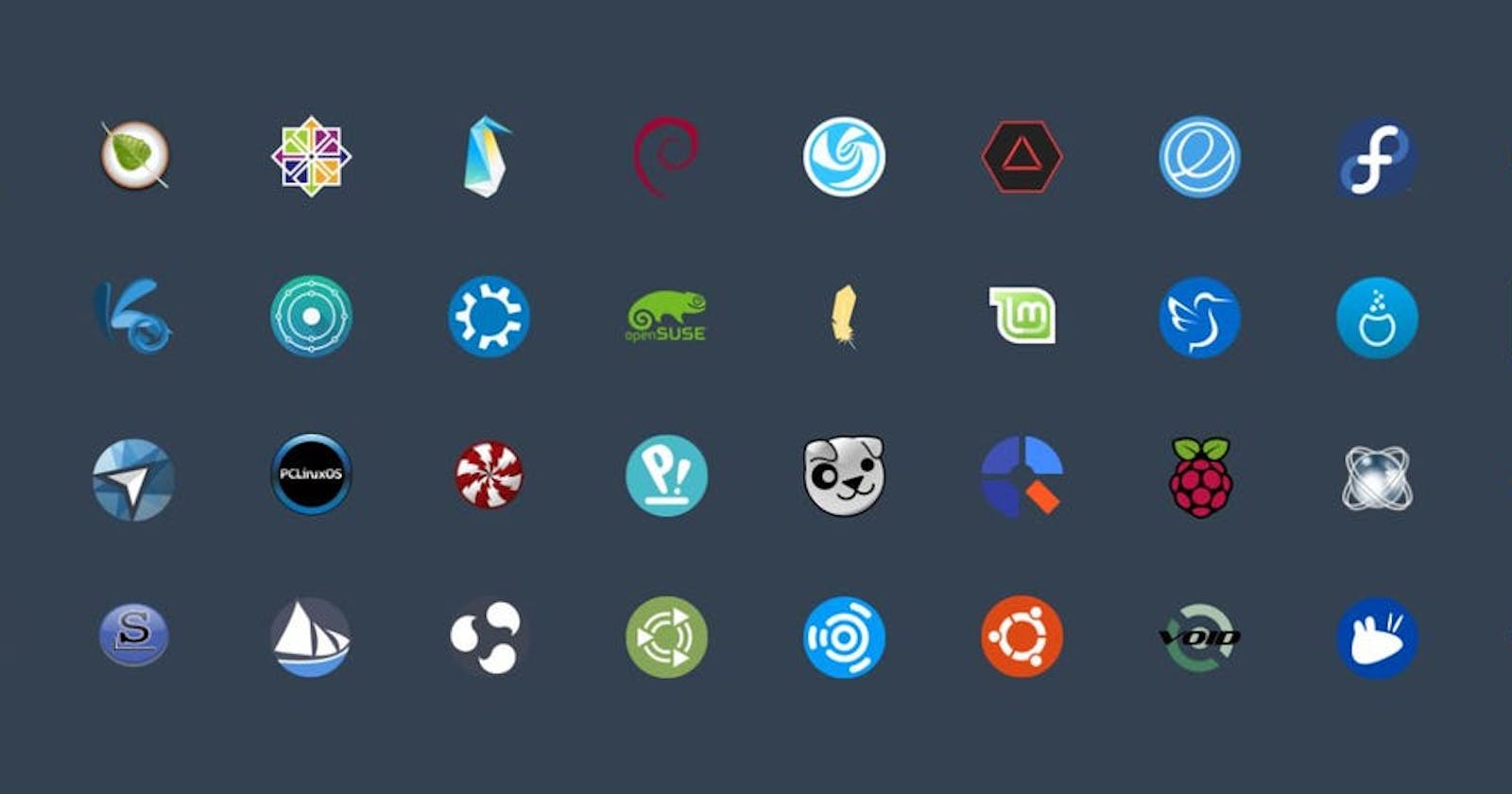Linux is an Open-Source Operating System based on the Unix operating system. It was developed by Mr. Linus Torvalds in 1991, and since then, it has grown in popularity due to its Flexibility, Stability, And Security.
A Linux distribution, also known as a ‘DISTRO’, is a version of the Linux operating system that is packaged with specific software applications and tools to meet the needs of different users.
Some of the popular Linux distributions include Ubuntu, Debian, Fedora, CentOS, Arch Linux, and Mint. These distributions are often tailored to different use cases, such as Desktop Computing, Server Management, Embedded Systems, Or Scientific Computing.
Linux distributions typically come with a package management system that allows users to easily install and update software packages. This system also ensures that all packages are compatible with each other, and it helps to resolve any dependencies between packages.
Linux distributions are known for their security features, as they are less susceptible to Malware And Viruses than other operating systems. They also offer greater flexibility and customization options than proprietary operating systems, allowing users to modify the system to suit their needs.
Overall, Linux distributions offer a Powerful, Reliable, And Flexible operating system that can be tailored to meet the needs of a wide range of users, from individual desktop users to large-scale enterprise environments.
There are hundreds of Linux distributions available, each with its own unique features, package management system, and user interface. Here is a brief introduction to some of the most popular Linux distributions:
Ubuntu: Ubuntu is a popular Linux distribution that is based on Debian. It is known for its ease of use and user-friendly interface, making it a great choice for beginners. Ubuntu also comes with a large software repository, making it easy to find and install the software.
Debian: Debian is one of the oldest Linux distributions and is known for its stability and reliability. It is often used as a base for other distributions, including Ubuntu. Debian also has a large software repository and uses the apt package management system.
Fedora: Fedora is a community-driven Linux distribution that is sponsored by Red Hat. It is known for its cutting-edge features and is often used by developers and system administrators. Fedora uses the dnf package management system.
CentOS: CentOS is a Linux distribution that is based on Red Hat Enterprise Linux (RHEL). It is often used in server environments and is known for its stability and reliability. CentOS uses the yum package management system.
Arch Linux: Arch Linux is a minimalist Linux distribution that is known for its simplicity and flexibility. It is often used by advanced users and developers who want to customize their systems. Arch Linux uses the Pacman package management system.
Mint: Linux Mint is a popular Linux distribution that is based on Ubuntu. It is known for its user-friendly interface and comes with a variety of desktop environments to choose from, including Cinnamon, MATE, and Xfce.
openSUSE: openSUSE is a community-driven Linux distribution that is known for its stability and reliability. It comes with the YaST configuration tool, which makes it easy to manage the system. openSUSE uses the zypper package management system.
Manjaro: Manjaro is a user-friendly Linux distribution that is based on Arch Linux. It is known for its ease of use and comes with a variety of desktop environments to choose from, including Xfce, KDE, and GNOME. Manjaro uses the Pacman package management system.
Kali Linux: Kali Linux is a Linux distribution that is designed for penetration testing and security auditing. It comes with a variety of security tools and is often used by security professionals.
Elementary OS: Elementary OS is a Linux distribution that is designed to be easy to use and visually appealing. It comes with a custom desktop environment called Pantheon, which is designed to be simple and intuitive.
Guys please comment the other Distos you may know...
And follow to learn linux and DevOps journey with some.
